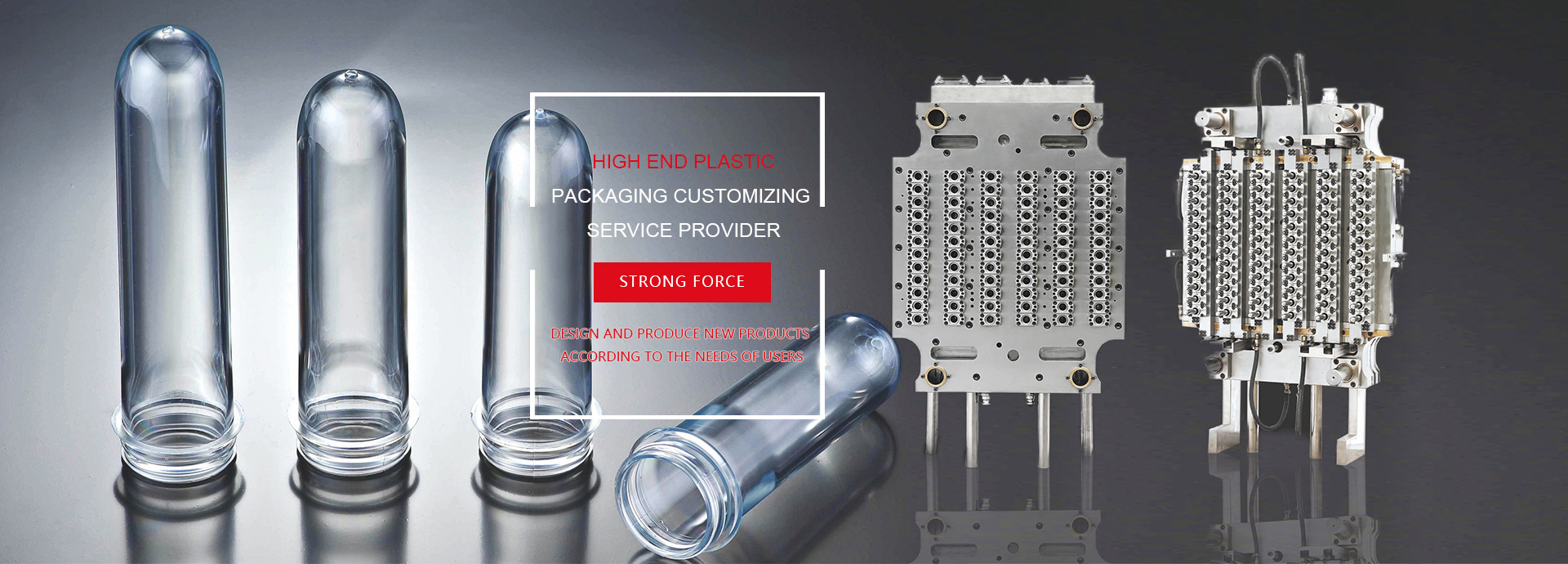Super "eat" plastic enzymes accelerate the degradation of beverage bottles.
2018-05-14 People Reading
British scientists have created a substance that can "eat" plastic based on an enzyme (biological catalyst), the independent reported Monday. The new material will help to recycle and reuse plastics, helping to solve the plastic pollution problems facing the world.
The enzyme is produced by bacteria living in Japan's recycling centers. In 2016, Japanese researchers discovered the bacteria that eat plastic. At the time, experts and commentators said it was a potential solution to plastic pollution.
In the latest study, biologists at the university of Portsmouth, professor John MaiJiHan lead the team, the structure of this enzyme related to digest the plastic part of some fine-tuning, created the "super" version of this enzyme, its ability to "digest" plastic than substance found in nature. The researchers named it "PETase" because it breaks down the PET plastic used to make beverage bottles and speeds up the degradation of the plastics (which usually take hundreds of years). They say the new material could help recycle millions of tons of plastic bottles by breaking them down into manageable chunks.
"This enzyme is very useful for recycling and recycling plastics," said professor nieh saha, a chemical engineer at imperial college London, who was not involved in the work.
Although the findings are warmly welcomed by scientists, the researchers note that there is still a long way to go before these enzymes are widely used in the recycling industry. Scientists at the university of Manchester, biological analysis professor Douglas kyle said: "oil derivatives of plastics and polymers can resist the degradation, they accumulate in the environment is a disturbing problem, let the degradation enzyme evolution of this kind of plastic is a top priority."
The new study appears in the proceedings of the national academy of sciences.
